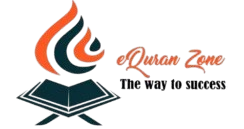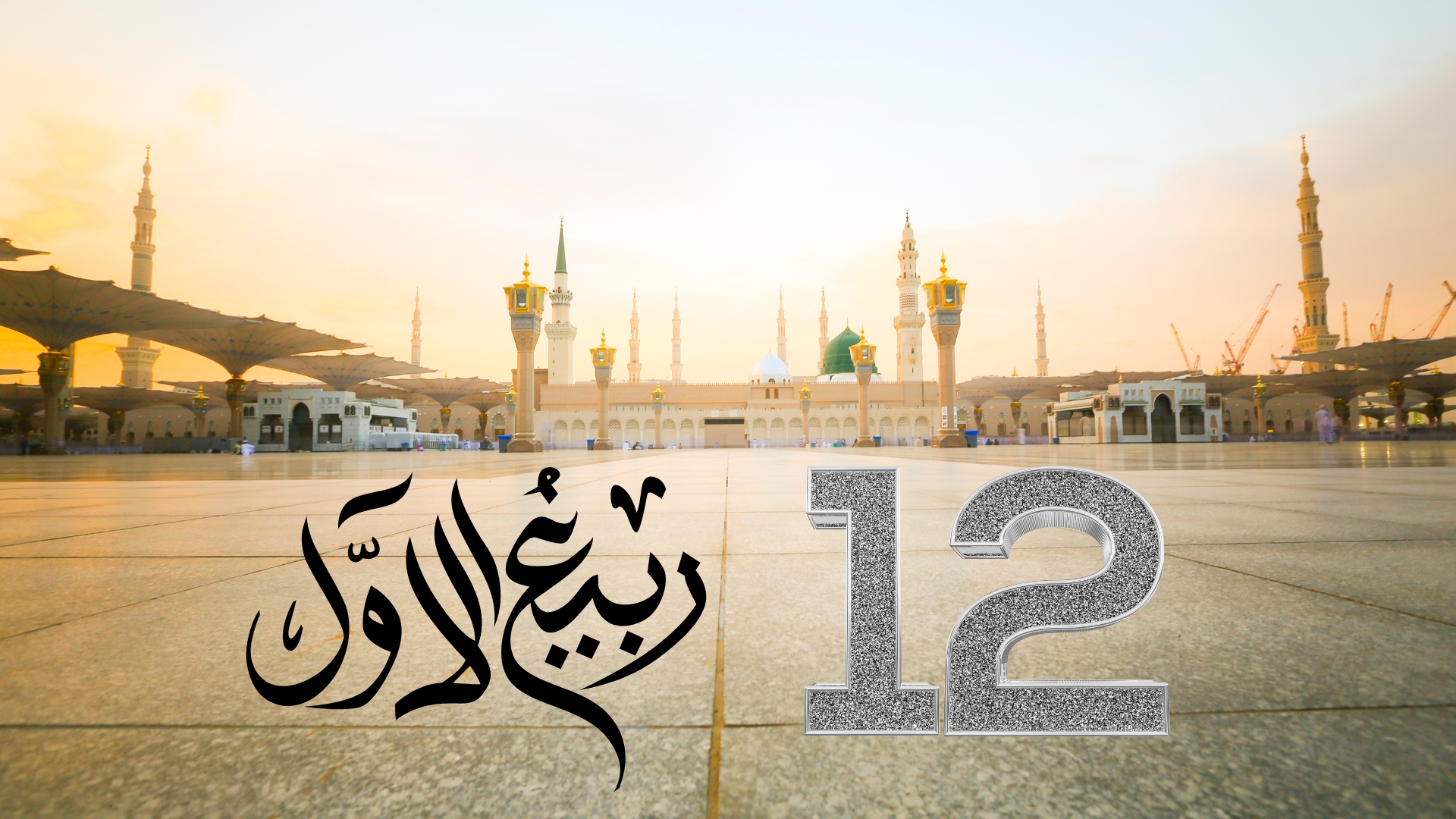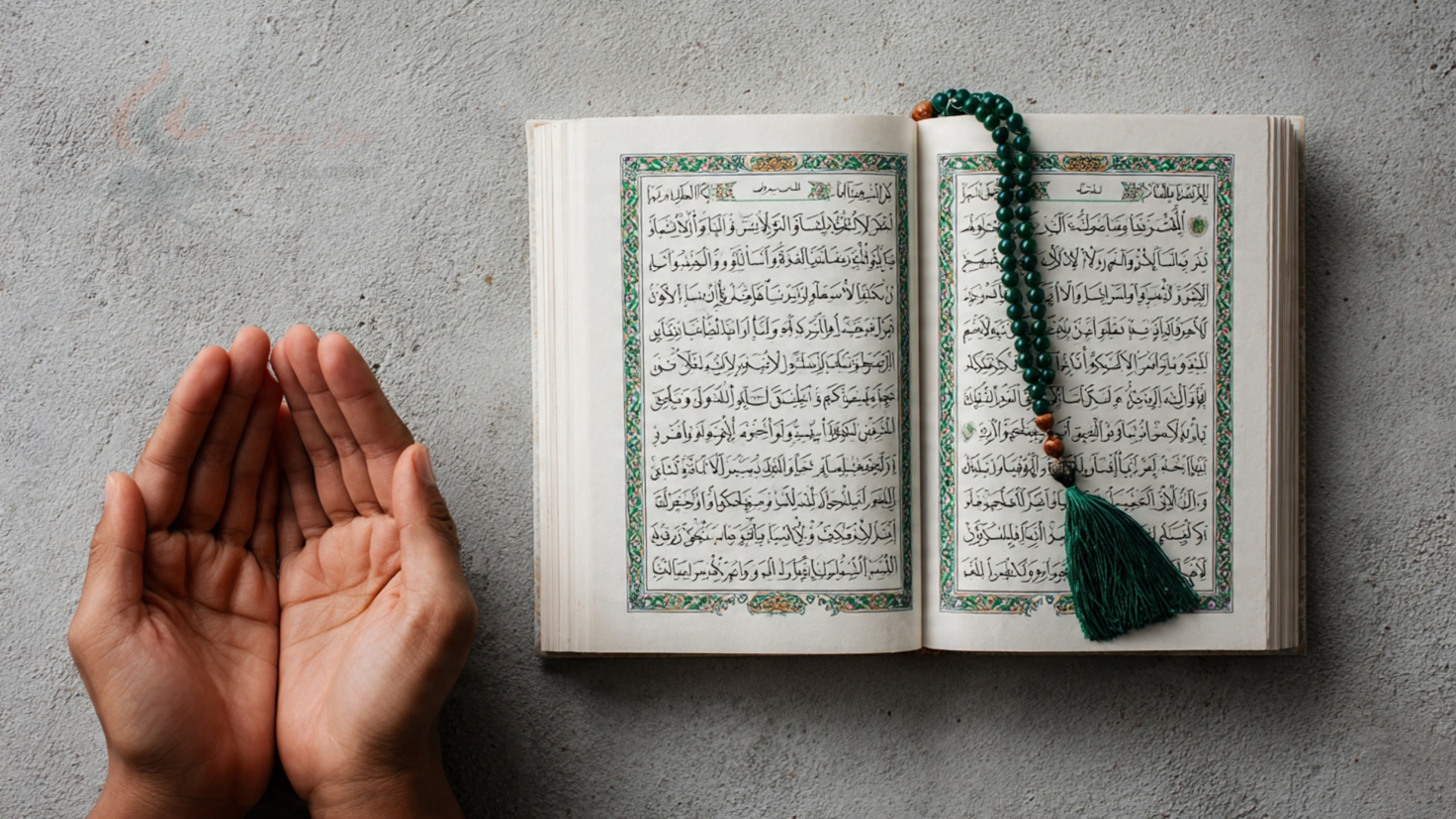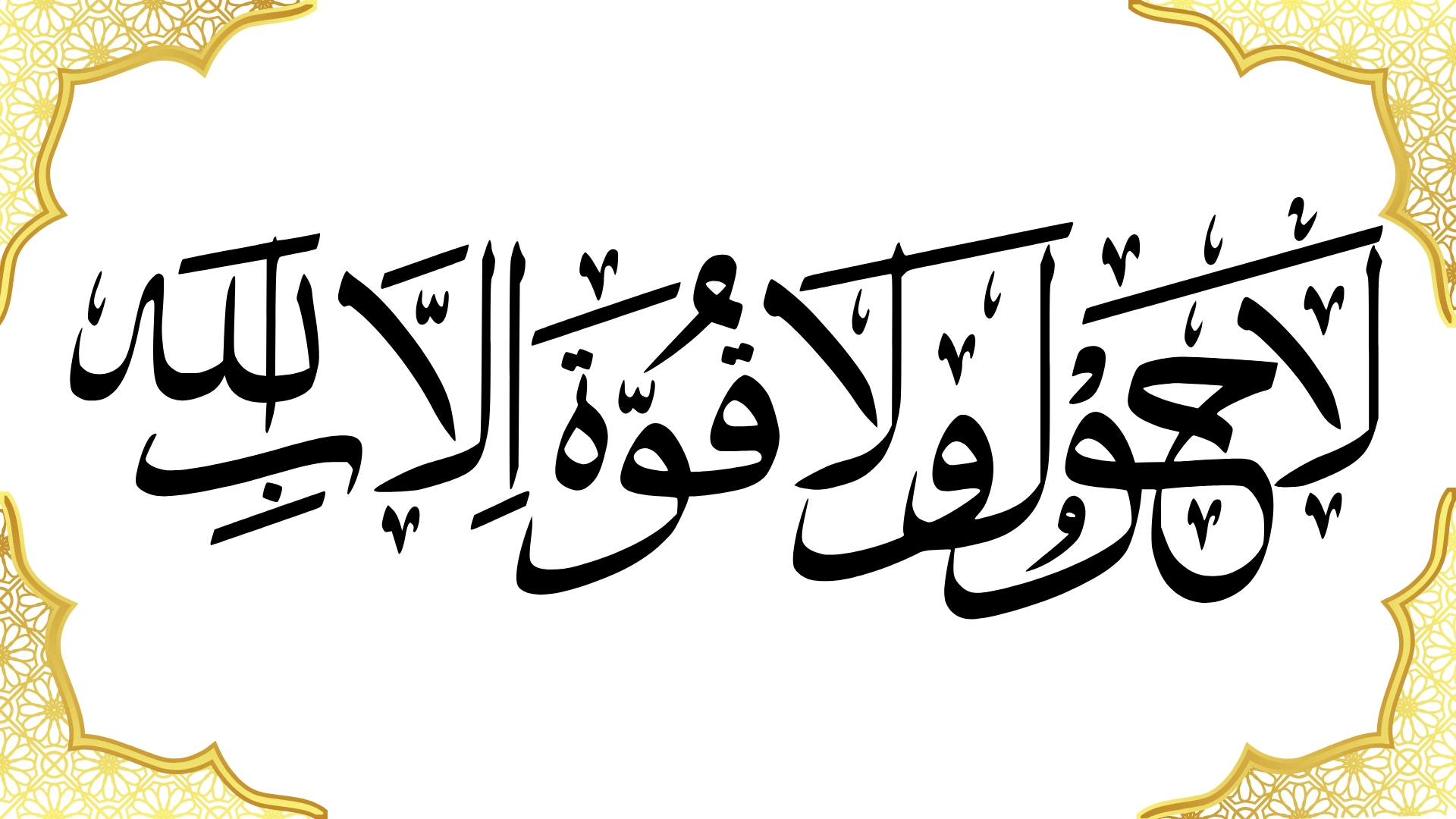The Islamic calendar holds many important dates. Each one marks a moment that shaped history. The 12 Rabi-ul-Awwal is one such day. It signifies the birth of Prophet Muhammad (S.A.W.W). His arrival brought a message of mercy, justice, and light to the world. Understanding this day helps us appreciate the profound guidance he offered humanity. We will explore the events of his birth. We will see the blessings that came with him. This story is more than history; it is a source of inspiration.
Scholars and researchers emphasize the transformative impact of the Prophet’s birth. Studies highlight how his life introduced principles of justice, compassion, and equality. Analysts note the societal changes that followed his message, ending tribal conflicts and idol worship.
Reflecting on this day goes beyond mere celebration. It encourages individuals to embrace the Prophet’s values in daily life. Acts of kindness, justice, and peace can honor his legacy. The light he brought continues to shine, urging everyone to spread goodness and compassion in their surroundings.
Arabia Before the Light
Before the Prophet’s arrival, Arabia was a land of deep darkness. This period is known as the Jahiliyyah, or the Age of Ignorance. Tribal warfare was constant. Injustice was common. People worshipped idols made of stone and wood. They had forgotten the monotheistic message of earlier prophets. Society lacked moral direction. The weak suffered without protection. The birth of Prophet Muhammad (S.A.W.W) signaled a new dawn for this land and for the entire world. His coming was a promised mercy from Allah.
The Year of the Elephant
Prophet Muhammad (S.A.W.W) was born in Makkah in 571 CE. This year is famously known as the Year of the Elephant. An Abyssinian king named Abraha governed Yemen. He built a grand church. He wanted to divert the Arabs’ pilgrimage from the Kaaba in Makkah to his new cathedral. Abraha marched towards Makkah with a massive army. A large elephant led his forces. His goal was to destroy the Kaaba.
As the army approached, a divine intervention occurred. The elephant refused to move towards the holy site. Then, flocks of birds appeared in the sky. They carried small clay stones. They dropped these stones on Abraha’s army. The army was destroyed. This event, mentioned in Surah Al-Fil of the Quran, was a clear sign. It showed that the Kaaba was under divine protection. It also prepared the way for the great event to follow: the birth of the final Prophet. The year became a landmark in Arabian history.
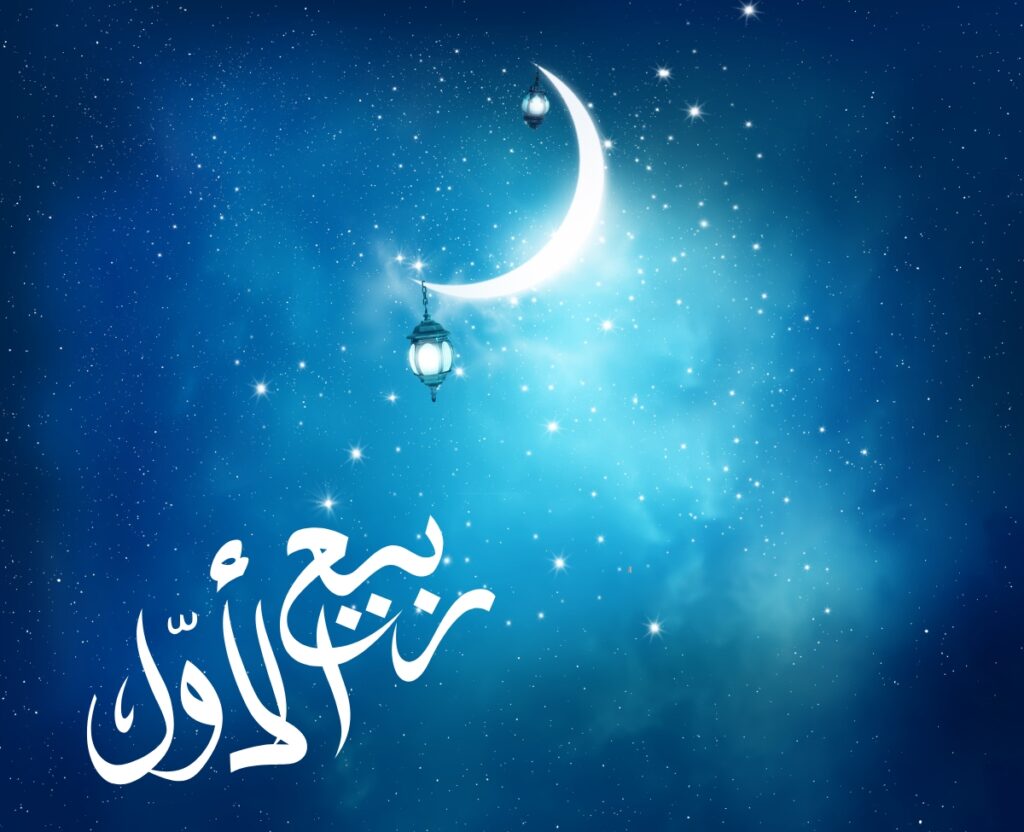
The Blessed Birth in Makkah
Prophet Muhammad (S.A.W.W) was born into the noble Quraysh tribe. He belonged to the respected clan of Banu Hashim. His father, Abdullah, passed away before his birth. His mother was Bibi Amina. On a Monday, the 12th of Rabi-ul-Awwal, she gave birth to a child who would change the world.
His arrival was accompanied by extraordinary signs. Bibi Amina reported seeing a brilliant light emanate from her. This light illuminated the palaces of Syria. The child was born pure and circumcised. He was born in a state of prostration, his face shining with a divine light, or Noor.
His grandfather, Abdul Muttalib, was overjoyed. He took the infant to the Kaaba. Therefore, he thanked Allah for this great blessing. He named him Muhammad, a name meaning “the one who is praised.” The name was uncommon at the time. It perfectly foretold his destiny as the most praised person in this world and the next. Even his uncle, Abu Lahab, who later became a staunch opponent of Islam, celebrated his birth by freeing his slave, Thuwaybah. She had brought him the good news.
The Desert Upbringing and Halima Sa’diyah
It was a tradition among the noble families of Makkah to send their infants to be nursed in the desert. This practice had many benefits.. Children would learn the purest form of the Arabic language. They would develop strength and resilience.
Following this tradition, the infant Muhammad (S.A.W.W) was entrusted to a wet nurse. Her name was Halima Sa’diyah. She was from the Banu Sa’d tribe. Halima’s family was experiencing great hardship. A drought had left them in poverty. Her animals were weak and produced little milk. She had little milk for her own baby.
When Halima took the infant Muhammad (S.A.W.W) into her care, her life was transformed. Blessings poured into her household.
- Her milk began to flow abundantly, enough for both Muhammad (S.A.W.W) and her own son.
- Her weak donkey, which had lagged behind the caravan, became the fastest on the journey home.
- Her dry goats started producing plenty of milk, filling all their containers.
- Her family ate to their satisfaction and slept soundly.
Halima and her husband knew this child was special. The blessings, or barakah, in their home were a clear sign. They felt honored to care for him. The child grew up strong and dignified, far from the influences of the city.
The Opening of the Chest (Shaqq al-Sadr)
A truly remarkable miracle occurred during his time with Halima’s family. This event is known as Shaqq al-Sadr, the opening of the chest. One day, while the young Muhammad (S.A.W.W) was with Halima’s children, two figures dressed in white appeared. They were angels. They gently laid him down. Therefore, they opened his chest and took out his heart. Thus, they removed a small black clot from it, symbolizing the portion of evil. They washed his heart with pure water and filled it with wisdom and light.
Halima’s children ran back in fear, shouting that Muhammad had been seized. Halima and her husband rushed to him. They found him calm and composed, his face glowing even more brightly than before. This event was a physical and spiritual purification. It prepared him for the immense responsibility of prophethood. Fearing for his safety after this incident, the loving Halima decided it was time to return him to his mother in Makkah.
Conclusion
The birth of Prophet Muhammad (S.A.W.W) on 12 Rabi-ul-Awwal was not just the arrival of a person. It was the arrival of a universal message. This day invites us to look beyond mere festivities. It asks us to engage with the purpose of his life. He was sent as a “mercy to the world.” His character was the embodiment of the Quran. His teachings offer a complete blueprint for a just, compassionate, and moral life.
Therefore, the truest way to honor this day is to reflect on his legacy. It is about understanding his Sunnah (his way of life) and striving to implement it. It is about showing kindness to orphans, upholding justice for the oppressed, and spreading peace. His birth lit a lamp that continues to guide humanity. The real celebration is to take a flame from that lamp and illuminate our own lives and the lives of those around us, carrying forward his mission of mercy.
